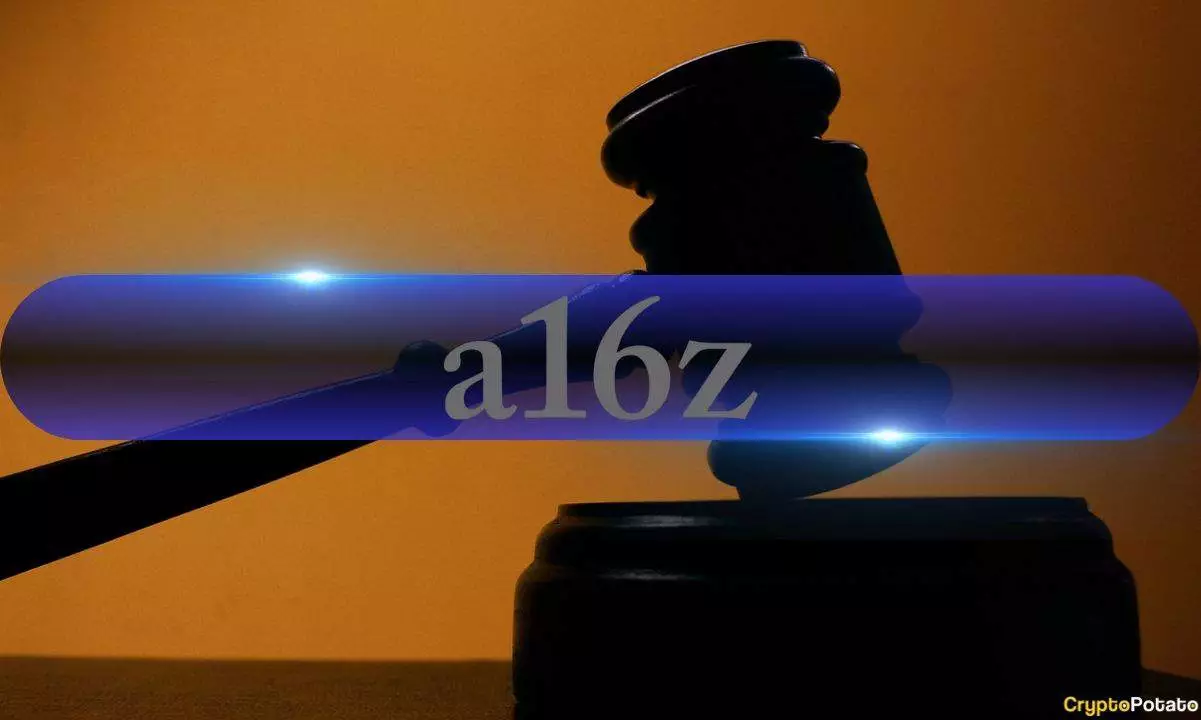As decentralized finance (DeFi) gathers momentum, its burgeoning significance in the financial ecosystem faces increasing scrutiny from regulatory bodies. Recently, Michele Korver, who leads the regulations at a16z Crypto, expressed significant concerns regarding a new broker reporting rule introduced by the US Treasury and IRS. Korver argues that these regulations are not merely bureaucratic updates; they represent a potential threat to the vibrancy and innovative scope of DeFi in the United States. The implications are complex, spanning legal, economic, and ethical dimensions that warrant thorough examination.
The genesis of this controversy lies in the Infrastructure Investment and Jobs Act, which has introduced guidelines expanding the definition of a broker, thereby potentially encompassing DeFi trading front-ends. These platforms enable users to engage with decentralized protocols without acting as traditional brokers by facilitating transactions directly. Korver highlights this distinction as critical, asserting that the inclusion of DeFi platforms under such regulations could lead to overreach and misclassification, which, in her view, violates foundational legal principles such as the Administrative Procedure Act (APA).
Moreover, critics of the ruling, including groups like the DeFi Education Fund and the Blockchain Association, argue that these constraints impose unreasonable burdens on DeFi entities that operate with a fundamentally different model than conventional finance. This sentiment was echoed in an official lawsuit aimed at blocking the enforcement of these regulations, illustrating a concerted effort within the crypto space to push back against policies perceived as constrictive.
Korver paints a dire picture of the impact of these regulations, suggesting that they not only jeopardize individual platforms but could also limit the broader scope of innovation within the DeFi sector. The fear is that, under intense regulatory scrutiny, projects may relocate outside of the United States, effectively leading to a brain drain that undermines national leadership in emerging technologies. This potential setback resonates deeply with advocates of DeFi, who argue that the technology inherently aims to democratize finance and provide more robust financial services to underserved populations.
Jake Chervinsky, head of policy at the Blockchain Association, lauded the promptness with which the industry mobilized to challenge the new regulations—an indication of the heightened awareness and preparedness within the crypto community. He referred to the evolution of policy infrastructure in the United States over the past few years as a beacon of hope, suggesting that the industry is increasingly capable of confronting regulatory overreach. This response speaks to a broader trend within the crypto sector, one that acknowledges the necessity of engaging constructively with regulators while simultaneously advocating for free-market principles.
Prominent figures within the industry have also voiced their opposition to the new rules. Hayden Adams, founder of Uniswap, criticized the implications of the regulations, suggesting that they may represent a deliberate effort to stifle DeFi innovation. The concerns are echoed by Uniswap’s Chief Legal Officer, Katherine Minarik, who argues that the IRS’s classification of DeFi technologies is grossly misaligned with the realities of how these platforms operate. She pointed out that the new rules impose burdensome reporting requirements that are likely to be neither practical nor manageable.
As such, the criticism of these regulatory measures is not rooted solely in a desire to evade oversight but rather arises from a fundamentally different conception of what financial innovation should look like. Advocates argue that allowing DeFi to flourish unrestricted is essential to providing an antidote to the hurdles faced by traditional banking systems, a sentiment that resonates strongly with everyday consumers seeking alternatives to conventional finance.
As the landscape for DeFi continues to evolve, the tension between innovation and regulation will persist. The current discourse surrounding the new broker reporting rule serves as a crucial inflection point for the future of decentralized finance in the United States. With influential voices like Korver, Chervinsky, and others leading the charge, it is clear that the stakes are not just about compliance but the very principles of innovation and financial accessibility. The outcome of this regulatory battle will shape the trajectory of DeFi, determining whether it becomes a vessel for transformative change or a domain constrained by outdated frameworks. Balancing the need for oversight with the imperative to promote innovation will be the key challenge in the months and years to come.


Leave a Reply